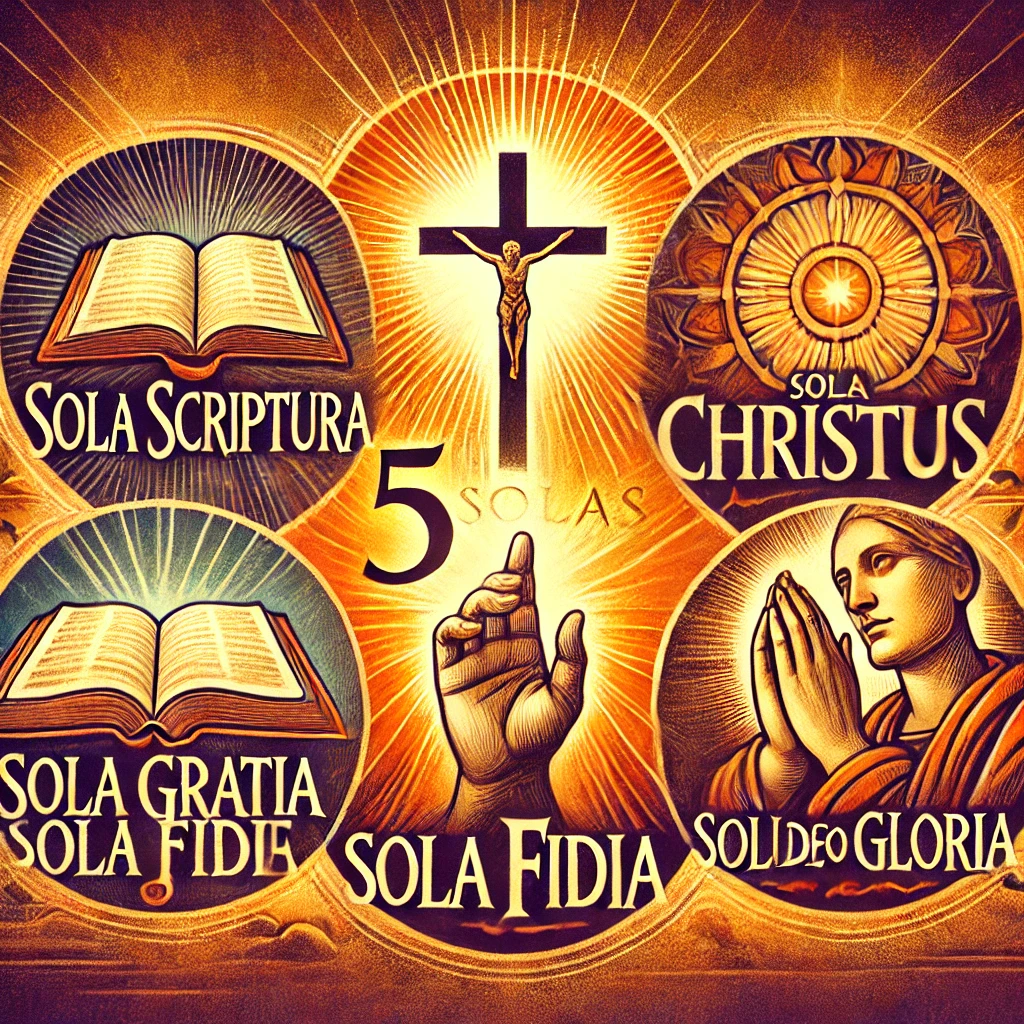Brothers and Sisters in Christ,
As we reflect on the death of Christ on the Cross on a day called as the “Good Friday” and celebrate the resurrection of Christ from the dead on a day called as the “Easter Sunday”, it is not only appropriate and necessary to meditate on “what Jesus did” for those who would believe in Him but also on “what Jesus did not do” as well in His 1st coming.
Indeed the Bible states in a positive manner in Matt. 5:17 where Jesus said, “I have not come to abolish them [the Law or the Prophets] but to fulfill them”, but it also clearly states in a negative manner that Jesus did not do certain things. In other words, his “active obedience” of “doing things” and his “passive obedience” of “not doing things” form the basis of one’s salvation through faith. It’ like the 2 sides of a coin. Please meditate on the following passages to understand the depth of the sacrifice.
1. In what is called as the “Hymn of Christ”, Paul says in Phil 2:6, “…though he was in the form of God, did not count equality with God a thing to be grasped.” Jesus did have the right to be counted equally with God for He was indeed God in flesh, for He had the divine nature, for He was the 2nd member of the Trinity but in His incarnation, He emptied himself by taking on the human nature as well. The Creator had become like His creation.
2. And as part of His “humiliation”, Peter says in 1 Pet 2:23, “When he was reviled, he did not revile in return; when he suffered, he did not threaten, but continued entrusting himself to him who judges justly.” He was insulted by the Jews and the Gentiles. The people cried out against him. The Roman soldiers mocked him. The Jewish leaders accused him. Those who passed by derided him. The criminals on either side reproached him.
3. But as the “Suffering Servant”, in Isaiah’s words found in Chap. 53 v.7, “He was oppressed and afflicted, yet he did not open his mouth; he was led like a lamb to the slaughter, and as a sheep before its shearers is silent, so he did not open his mouth.”
a. When the high priest asked Jesus to defend himself against the false witnesses it says in Matt. 26:63, “But Jesus remained silent.”
b. When Jesus was accused by the chief priests and elders in front of the governor, Pontius Pilate it says in Matt. 27:12, “he gave no answer”.
c. Even when Pilate spoke to Jesus it says in v.14, “But he gave no answer, not even to a single charge, so that the governor was greatly amazed.”
d. Herod also questioned Jesus at some length and Lk. 23:9 says, “He made no answer”.
e. While Pilate interrogated Jesus again and asked him, “Where are you from?”, Jn. 19:10says, “But Jesus gave him no answer.”
4. Jesus had to be the spotless “Lamb of God” and 1 Pet. 2:22 says, “He did not commit sin, and no deceit was found in his mouth.” He did not utter a single lie. He did not fall into any temptations. He did not waver in his determination to fulfill the purpose for which He was sent – to be Crucified on the Cross at Calvary. In Jn. 8:46, Jesus confronted the hateful Jews by asking, “Which one of you convicts me of sin? If I tell the truth, why do you not believe me?”
5. Being sinless, Jesus still became sin for us as “our Substitute” and as He Himself said in Jn. 12:47, “I did not come to judge the world but to save the world.” To the woman who had been caught in adultery, Jesus said to her in Jn. 8:11, “I do not condemn you…” He told Nicodemus in Jn. 3:17, “For God did not send his Son into the world to condemn the world, but in order that the world might be saved through Him.”
6. Jesus was the “image of the invisible God” and as Rom. 15:3 says, “For Christ did not please himself, but as it is written, “The reproaches of those who reproached you fell on me”. People thought they were offering service to God by rejecting, mocking, insulting, scourging and eventually crucifying Jesus but in fact they were blaspheming God by blaspheming Jesus.
7. The Father who was well pleased with His beloved Son did not leave Him in the grave but as Paul says in Acts 13:37, “But the one whom God raised from the dead did not see decay.” He was delivered up for our sins, not by men but God Himself and as a sign of acceptance on our behalf, God Himself raised Him for our justification.
Jesus laid down his life. Jesus yielded up His spirit. Jesus had the authority to take it up again. It was all according to the definite plan and foreknowledge of God. It was all according to whatever God had planned and predestined to take place. It was all determined and decided by God.
“There is salvation in no one else, for there is no other name under heaven given among men by which we must be saved.” Jesus is the cornerstone. This was the Lord’s doing and let it be marvelous in our eyes. Let us be grateful to our Lord Jesus for what He did and also be grateful to our Lord Jesus for what He did not do.
1. He did not count equality with God
2. He did not revile and threaten
3. He did not open His mouth
4. He did not commit sin
5. He did not condemn the world
6. He did not please Himself
7. He did not remain dead
Why “did Jesus not do” these things? “Christ loved us and gave himself up for us, a fragrant offering and sacrifice to God.” (Eph. 5:2). He represented God to us and also represented us to God!
As the saints and angels say in Rev. 5:12, “Worthy is the Lamb who was slain, to receive power and wealth and wisdom and might and honor and glory and blessing!” And let us join them in saying “Amen!” as we worship the One who came not to be served but to serve and give His life as a ransom for many!




